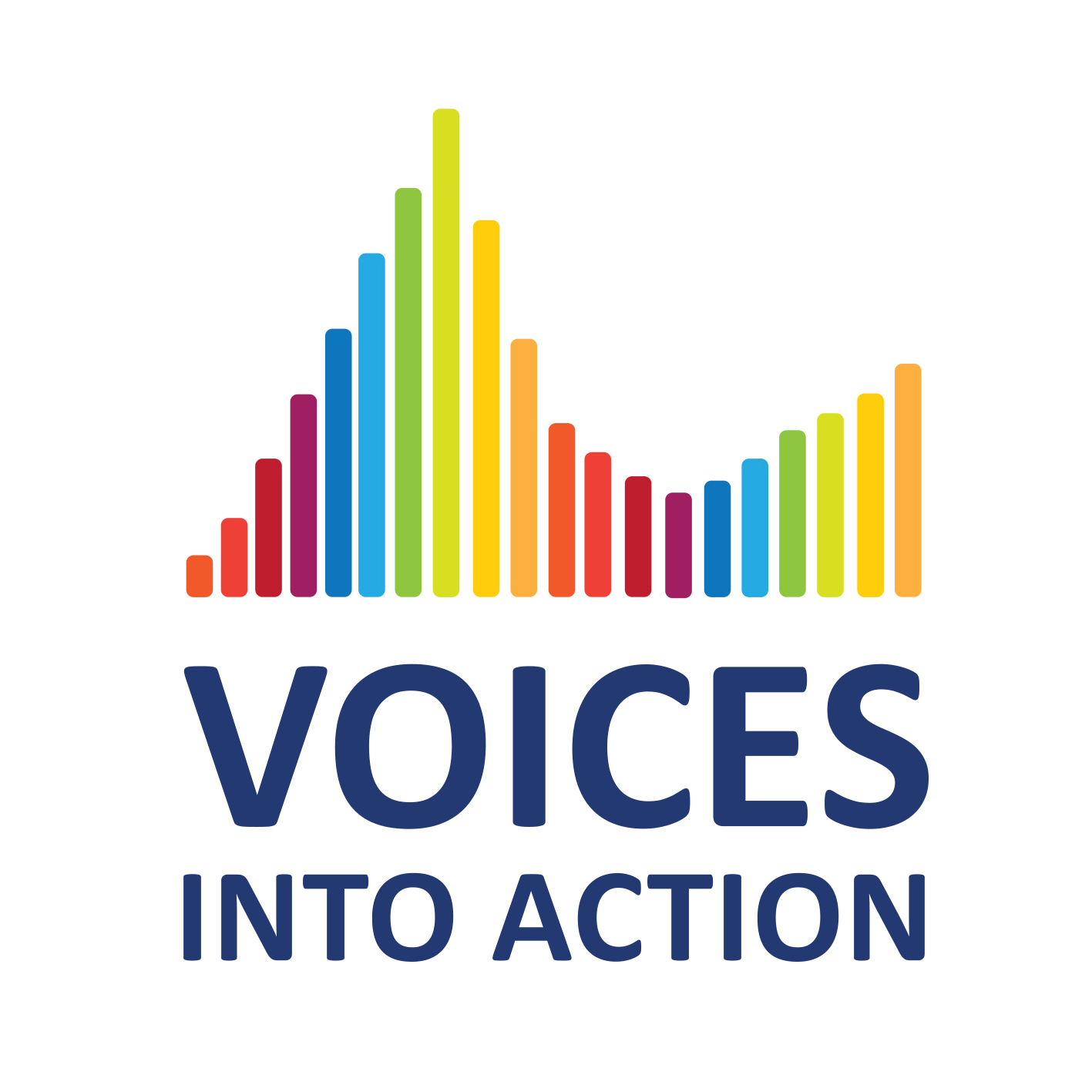Glossary of key terms
The VIA toolkit uses key words and phrases that relate to including stakeholders in education discussions and decision-making. This glossary lists the VIA activity definitions of each term. Visit the Agency’s online glossary for a comprehensive list of terms across Agency activities.

